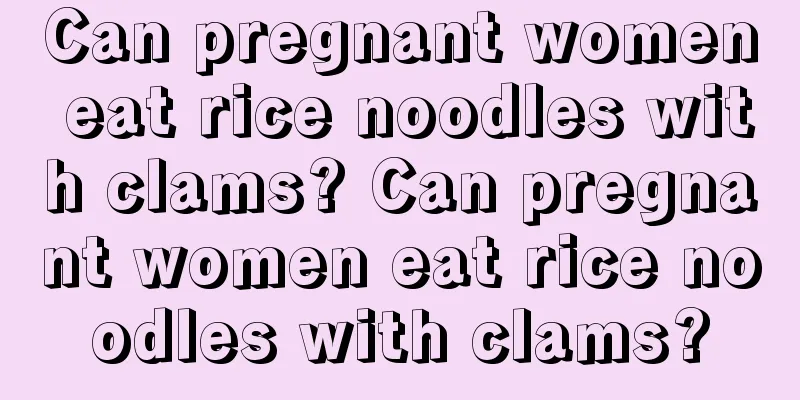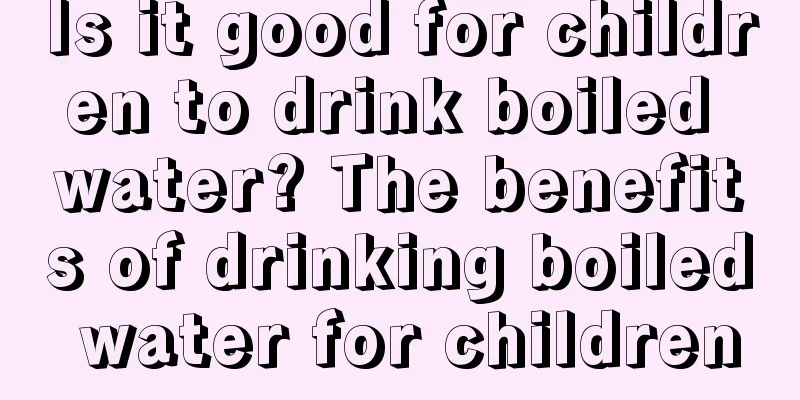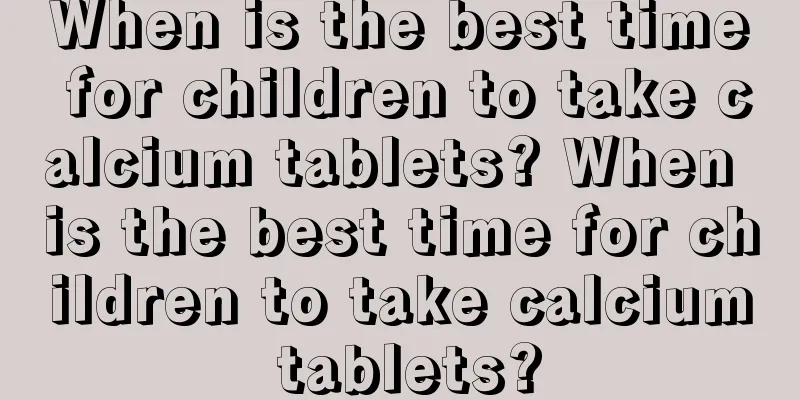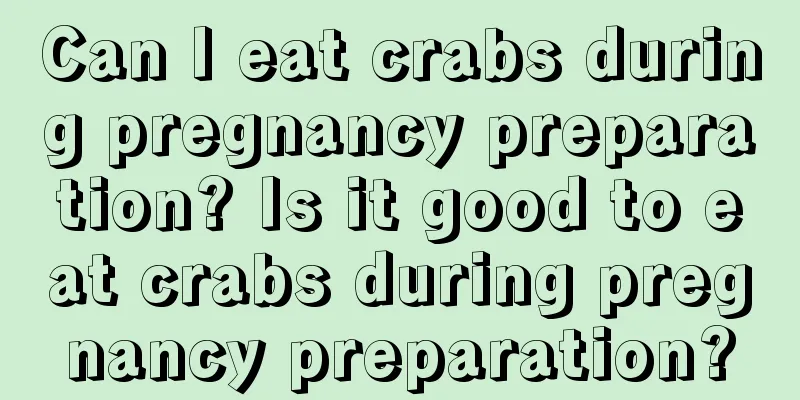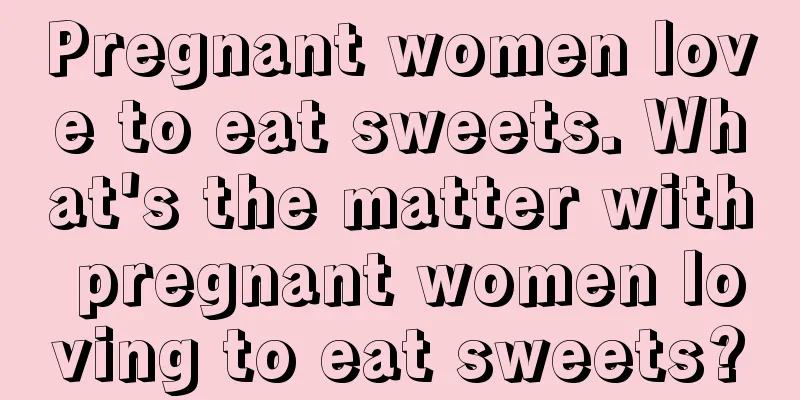Should I stop feeding my baby when he has diarrhea? Should I reduce the amount of milk when he has diarrhea?
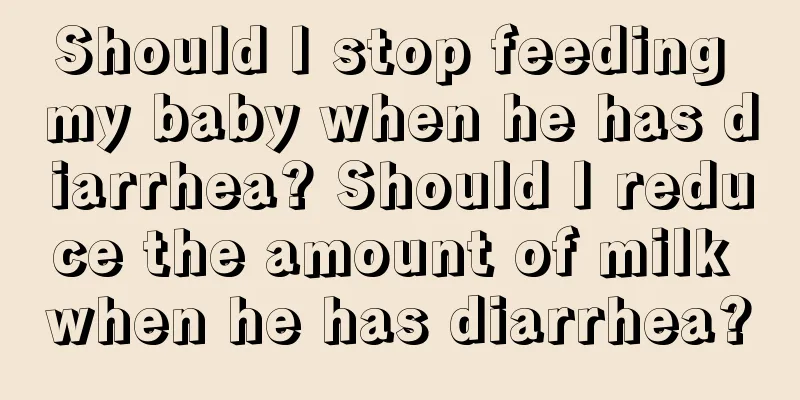
|
Usually, the health of newborn babies is relatively poor, so they will have various problems. At this time, some new mothers will be very nervous. So let's find out here whether the baby should stop feeding the baby with diarrhea? Should the baby reduce the amount of milk if the baby has diarrhea? Should I stop feeding my baby if he has diarrhea?If your baby has diarrhea and is currently adding complementary food, you should stop feeding complementary food or reduce the frequency and amount of complementary food. Babies should stop feeding foods that contain too much oil and meat. If a baby has breast milk, he should try to eat breast milk. For children with nausea and vomiting, in addition to easily digestible food, they should be fed with water and food in small amounts and multiple times. When diarrhea and vomiting are particularly severe, you can feed less food once or twice. It is not recommended to feed for a long time now, because it is not good for children. Do not use antibiotics at will. The indiscriminate use of antibiotics to treat infant diarrhea is the main cause of treatment failure. The number of pathogenic bacteria in the intestines of infants is small, and the normal flora system has not yet been established. The intestinal environment is unstable and easily damaged by external factors. Dinggui Umbilical Patch can be used for treatment, because Dinggui Umbilical Patch preparations are traditional Chinese medicines and are external medicines. They are some medicines that can strengthen the baby's gastrointestinal tract, aid digestion, and increase appetite. Should I reduce the amount of milk if my baby has diarrhea?When the baby has diarrhea, the amount of milk does not need to be reduced, because the baby already has poor digestion and will feel hungry. If the amount is reduced again, it will aggravate the condition, so as long as the baby can eat, he can eat. When the baby has diarrhea, parents should first find the cause and then take corresponding measures. You can reduce the amount of milk powder and observe the baby's condition. At the same time, keep the baby warm. If the baby is already eating complementary food, give them some rice soup or thinner porridge, etc. The baby may also have diarrhea due to allergies to formula milk. Because the baby is lactose intolerant, drinking milk powder will cause diarrhea. In this case, you should stop feeding the milk powder and switch to lactose-free formula milk powder, which can alleviate the baby's diarrhea. What to do if the baby's milk supply decreases after diarrheaIf the baby's milk supply decreases after diarrhea, it may be because diarrhea causes gastrointestinal disorders. In this case, there may be an abnormal decrease in milk supply after diarrhea. In this case, timely adjustments can restore the baby's milk supply to normal. If you want to improve the decrease in milk supply after diarrhea, it is recommended to increase the number of times the child feeds, let the child feed a little less each time, and make sure the child drinks a little more water to prevent the child from catching a cold again. This can alleviate diarrhea or gastrointestinal disorders and other abnormalities to a certain extent. If diarrhea and poor appetite still exist, then you should see a doctor. Should babies go to the hospital if they have diarrhea?If your baby has diarrhea, you need to go to the hospital if: 1. Bloody stool. If blood can be clearly seen in the stool, or the stool is jam-like, there may be complications such as intussusception. The diagnosis of intussusception is time-sensitive. If it can be diagnosed early, it only needs "air enema" to be reset, without surgery, and the treatment effect is good, the cost is low, and the pain is less. If the diagnosis is not timely, the intestinal wall of the intussusception part will die, perforate, and even endanger the life of the child. 2. Continuous vomiting. If a baby continues to vomit for more than 12 to 24 hours, it is easy for him to become dehydrated and have electrolyte imbalance. Please pay attention to the word "continuous". Continuous means that the child cannot eat anything between two vomitings, and it lasts for a long time. In many cases, children with diarrhea or acute gastritis may vomit frequently for several hours and cannot eat, but usually after a period of rest, the vomiting symptoms can gradually ease. If the vomiting can be alleviated after a period of time and the child can start to eat, there is no need to be overly nervous. 3. Signs of dehydration. Obvious signs of dehydration appear, such as a significant decrease in urination, loose skin, cold hands and feet, listlessness or extreme irritability. 4. The stomach hurts so much that you can't touch it. The stomach is obviously swollen and hard, and you won't let others touch it because of the pain. If this happens, be alert to appendicitis, peritonitis, etc. You must ask a doctor to find out the situation as soon as possible and take appropriate measures. |
<<: When does a pregnant woman produce milk? How many months of pregnancy does she have milk?
>>: Should pregnant women drink more water? Is it good for pregnant women to drink more water?
Recommend
Will Liby laundry detergent beads not dissolve? How many Liby laundry detergent beads should be put in at one time?
I heard that using laundry beads to wash clothes ...
How to teach a 6-year-old baby who likes to throw toys
My baby is already 6 years old, but he still like...
Will vasectomy affect sexual function? Are there any side effects?
Vasectomy is a very simple contraceptive operatio...
Why is the baby's spit-up a bit sticky? Will the baby's spit-up cause pneumonia?
It is normal for babies to spit up milk, because ...
How to choose a child safety seat? Which interface is better for a safety seat?
Child safety seats are a safety protection for ba...
What is the reason for baby's hair loss? What is the reason for baby's hair loss?
The discovery of hair loss is not limited to adul...
Will the baby be hungry if he doesn't want to drink milk? What should I do if the baby resists milk powder?
There are many reasons why babies don't want ...
Can breastfeeding mothers dye their hair? Six principles for breastfeeding mothers to dye their hair
Breastfeeding has been proven by many experts and...
Can I use cooling oil during breastfeeding? Is it good to use cooling oil during breastfeeding?
Summer is here, but mothers are having a headache...
How to effectively treat severe postpartum hair loss? What are the causes of postpartum hair loss?
Many pregnant women will experience various physi...
What should I do if my 4-year-old baby has a fever of 39 degrees? How can I reduce the temperature of my 4-year-old baby?
The last thing a mother wants to encounter is a b...
Can pregnant women eat bacon? Dietary precautions during pregnancy
Bacon is a very traditional food in our country. ...
Teaching by example is the best educational concept
Children need their parents' care from a youn...
How are multiple babies born? What method of delivery should be chosen for multiple babies?
It is very hard for mothers who are pregnant with...
Is intrauterine pregnancy good or bad? What to do if you have an intrauterine pregnancy
Intrauterine pregnancy is also a type of early pr...
